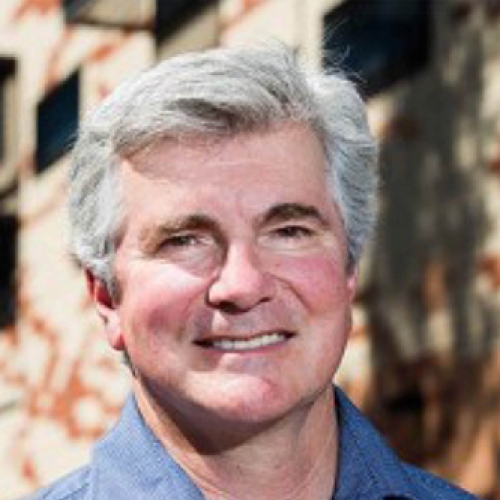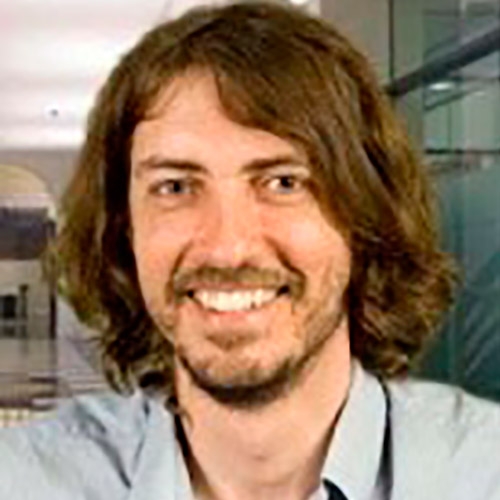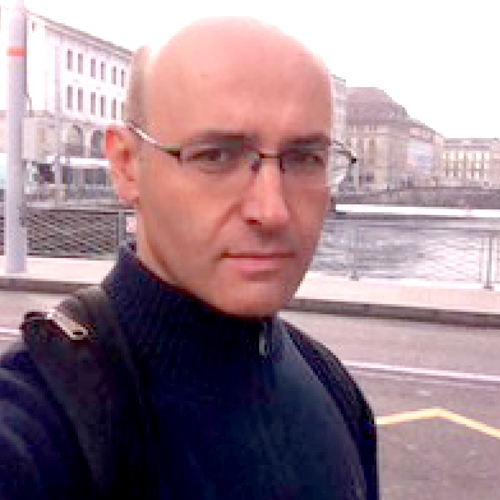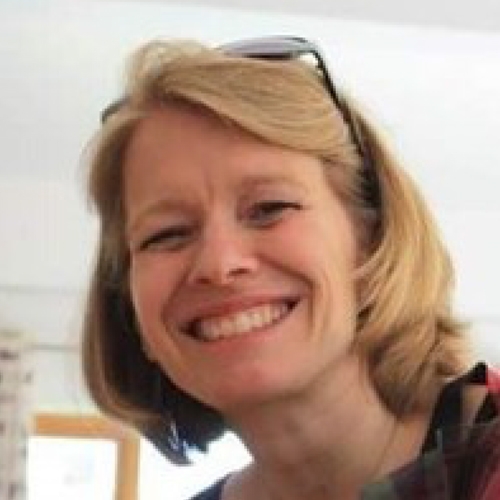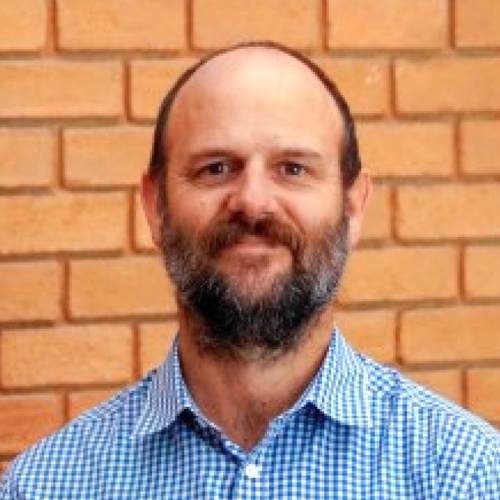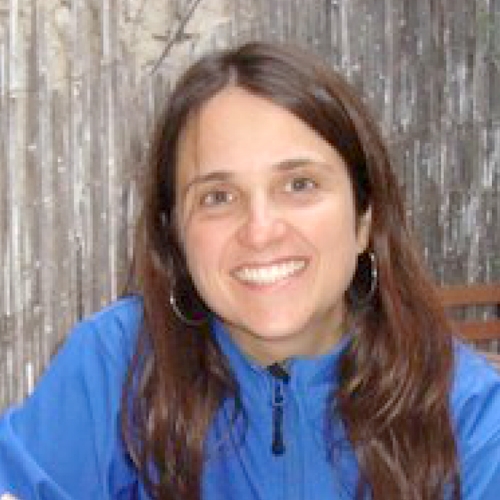This social leader has dedicated her life to helping others, for example, in her role as President of the Neighborhood Board for over 25 years. La Gloria, the community where she lives, suffered a fire that consumed almost all of the homes and community spaces. It is here that, along with other neighbors, they had to transform in order to overcome the trauma and start over, which was supported by a team from the Social Solidarity and Innovation Fund of the Ministry of Social Development, Transformas Chile Consultores Limitada (TRANSMEDIA) and the University of Chile (https://www.youtube.com/watch?v=ZXbH5RsAu5Q&t=1s). She is an example of courage, endurance and dedication to others.
Ms. Sonia, was born in La Gloria of Pumanque in 1946, and learned craft skills, which were passed down through her family from generation to generation, with her mother being a fundamental part of this. In addition to social work and crafts, Sonia is active in ecclesiastical and cultural participation.







